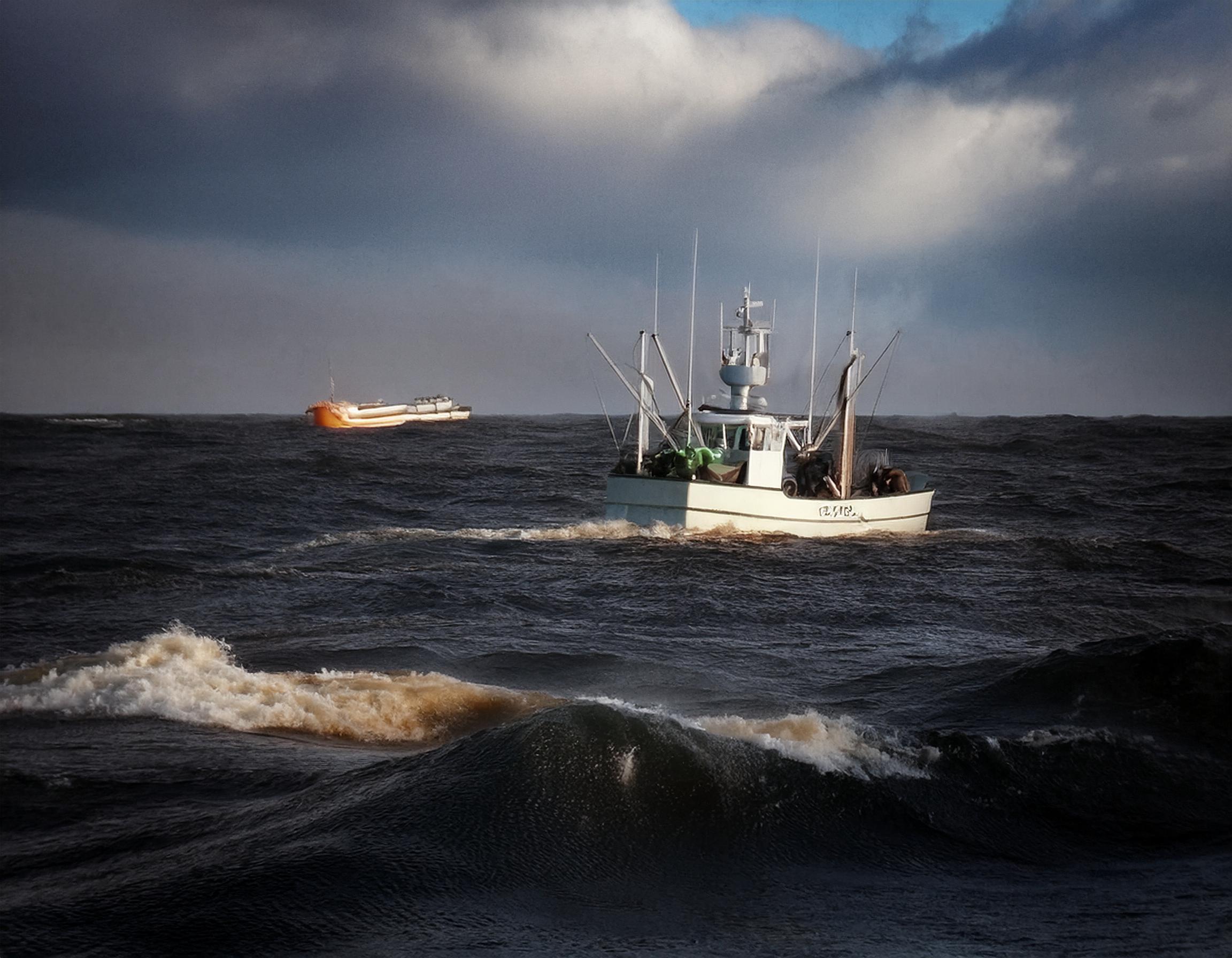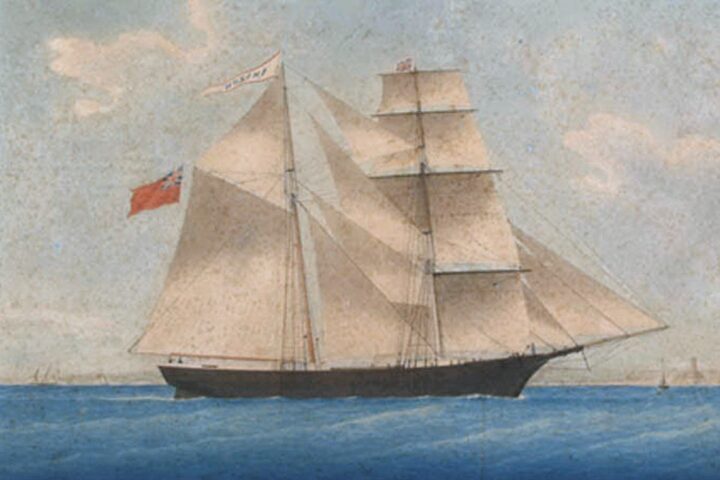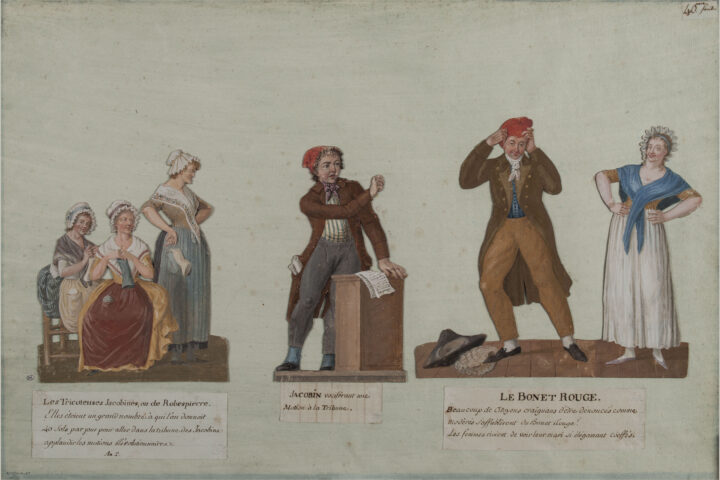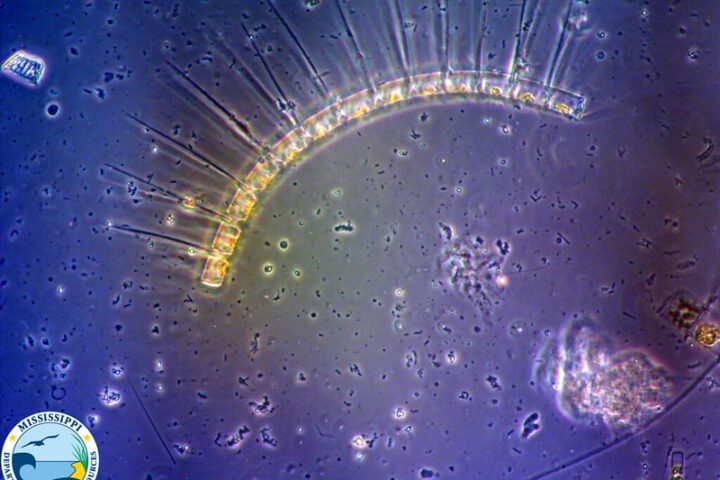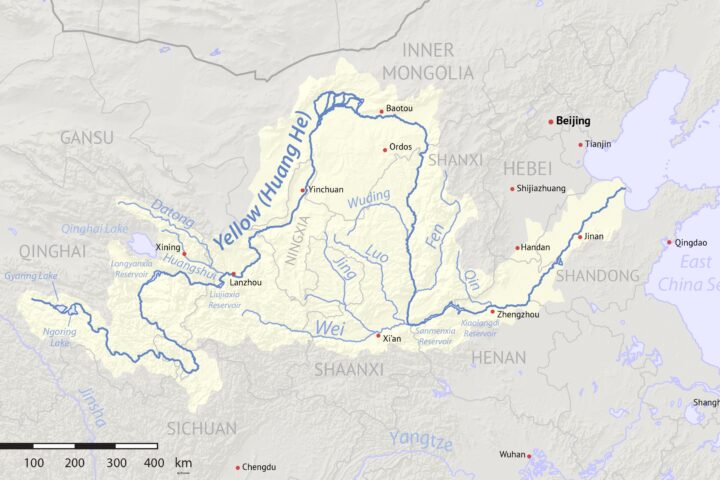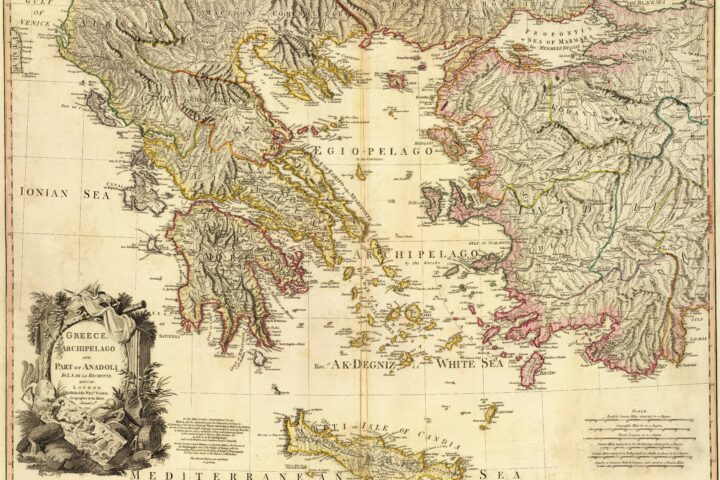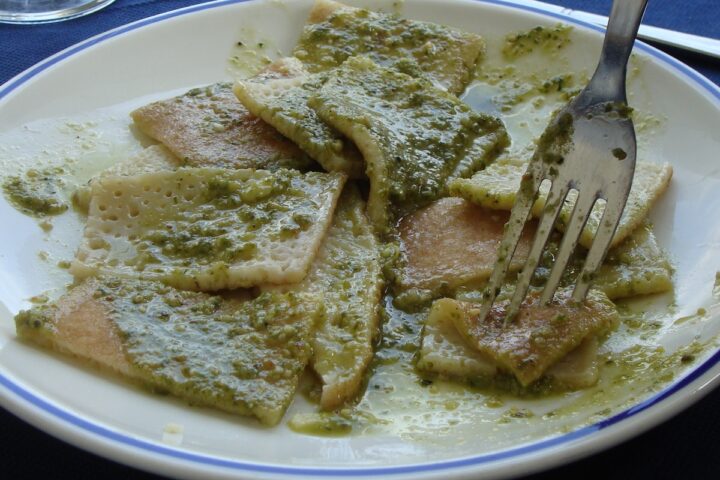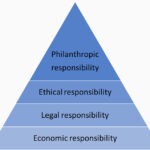Source: Firefly_Generative AI-A tense maritime scene featuring a Canadian Coast Guard vessel monitoring Spanish fishing boats in the vast, cold waters of the Grand Banks, Newfoundland.
The Grand Banks of Newfoundland, once the center of vigorously teeming marine life, became the epicenter of a diplomatic and maritime standoff in 1995. A non-violent confrontation between Canadian and Spanish fishing vessels over dwindling cod stocks gave way to what was aptly named the Battle of the Cod. The event underscored growing tensions over international fisheries management and called for the urgent implementation of sustainable practices.
The Cod Fishery: A Decades-Long Decline
Cod fishing on the Grand Banks was the centerpiece of economic activity for centuries, but the cold, nutrient-rich waters proved perfect for cod. The region attracted fishermen from all over. Yet for several decades, a mix of too much fishing along with innovation in fishing technology had brought the cod populations to near collapse by the early 1990s.
Which the Canadian government soon discovered was grave enough that measures were taken to restricit the fishing quotas rigorously and also enforce the regulations so as to revive the cod stock. These would be used for the revival of the fish population to allow sustainable utilization of the fishery resource in the long term. Such restrictions were hardly welcomed by those foreign fishing fleets that exploited the Grand Banks for generations.
The Spanish Threat
The most active in the area, Spanish fishing vessels were the most resistant to the Canadian quotas. These vessels have long fished the Grand Banks and took pride in them as their own. The Spanish government backed up its fishing industry, asserting that the regulations were unfair and discriminatory.
The tensions between Canada and Spain continued increasing since the enforcement of the set quotas was flouted by Spanish fishermen. The Canadian government was determined to enforce its regulations and deployed the coast guard in the region to spy on any vessel violating the regulations. Although there was no physical clash, the situation remained a tense one, with the possibility of bursting into violence at any moment.
The Diplomatic Confrontation
Far from being the isolated maritime conflict, it assumed diplomatic hues as well because both Canada and Spain wanted to salvage the interests while exercising their sovereignty in the Grand Banks. The Canadian government argued that it had a sovereign right to manage its fishery resources, while the Spanish government believed that “the international law of the sea permitted responsible harvesting of such huge resources.”.
With the international focus on the conflict, other countries started voicing their concerns on the spread of the conflict into a broader regional one. The UN and the European Union appealed for peaceful solutions to the crisis and asked both sides to engage in constructive dialogue as to the way forward.
Battle Aftermath
After all the tensions and threats, the Cod War came to a relatively amicable conclusion. In fact, both Canada and Spain agreed to negotiate over the dispute. The Canadian government continued to advocate for sustainable fishing methods, while the Spanish government maintained that cod stocks had to be protected.
A compromise was finally achieved. The Spanish fishing fleet accepted the Canadian quotas, while the Canadian government would ensure compensation for the Spanish fishermen affected by the restrictions. The Battle of the Cod is a powerful lesson in international fisheries management. It shows cooperation and compromise between nations in ensuring the preservation of marine resources.
Legacy of the Battle of the Cod
The Battle of the Cod has become a legacy. It has increased awareness about dealing with the management of international fisheries and the need to ensure sustainable practices. It has thus paved the way for greater efforts to craft international agreements toward better conservation and management of fisheries resources.
Today, the Grand Banks of Newfoundland are still in the process of recovery from those decades of overfishing. Though the cod stock has shown it is improving, the last blow from climate change and illegal fishing might still do much damage to the cod. A reminder to ourselves, therefore, is that Battle of the Cod, about the preservation of our marine resources for generations to come.
The Road to Recovery: Rebuilding the Grand Banks Cod Fishery
The Battle of the Cod was somewhat akin to an important juncture in the history of the management of international fisheries, a watershed event in efforts to conserve Grand Banks cod. Overfishing and unsound practices had continued unabated as the conflict itself ended in peace.
For the long-term survival of the cod fishery, a suitable comprehensive recovery plan was needed.
Making Fisheries Practices Sustainable
The Canadian government took extreme measures towards rebuilding the cod stocks; it had imposed strict fishing quotas and had provided tight controls on fishing activity and the prevention of illegal fishing through fish-finding sonar and GPS tracking. Marine protected areas were also built in order to safeguard breeding grounds and nursery habitats.
These factors, in combination with reduced fishing pressure, gradually began to be reflected. The cod stock started to improve slowly. However, this improvement process was tenuous and encountered many setbacks. Climatic changes, pollution, and loss of habitats challenged the fisheries.
International Cooperation and Collaboration
Conscious of the international nature of management in the cod fishery, Canada approached international cooperation toward helping this recovery. Regional fisheries management bodies, commonly referred to as regional fisheries management organizations (RFMOs), were responsible for efforts into the development and implementation of conservation measures under NAFO. Member countries, namely Canada, the United States, Russia, and the European Union, communicated with each other on the establishment of sustainable fishing quotas, while regulations were implemented.
The Northwest Atlantic Fisheries Organization Convention Area, being a vast marine area embracing the Grand Banks and other very important fishing grounds, provides the management framework.
Cooperation among countries will help address common problems, working together so that the cod fishery is managed in a sustainable way for the benefit of all parties involved.
Community Involvement and Economic Diversification
Recovery in the cod fishery also had big economic implications for the coastal communities of Newfoundland and Labrador. For most people there, their livelihoods depended directly on the fishery, so the general unemployment in the cod industry was accompanied by big economic hardships for the population at large.
The challenges from those industrial developments were dealt with by collaboration from the Canadian government and the local communities through diversifying the economy. The country encouraged the development of new industries such as tourism, aquaculture, and renewable energy whose revenues constitute an alternative source of income. Programs were also established to help fishermen shift careers.
The Road Ahead: A Sustainable Future for the Grand Banks
Although it is true that, more importantly, while rebuilding the Grand Banks cod fishery had made measurable progress, much still lay along the road to full recovery. Moreover, the population was still under many stresses and would continue to be so until security for long-term survival was further established.
These include international cooperation, sustainable fishing practices, and community involvement. Working together – governments, fishing communities, and scientists – will help foster a sustainable future for the Grand Banks cod fishery and protect this valuable marine resource for generations to come.
This is a good lesson for all of us; the Battle of the Cod is an interesting point in history that teaches us how to manage fisheries. The battle showed that overfishing leads to loss and how serious it’s to be working together internationally in conserving our oceans with marine life they support. This is what we learn from the past, not forgetting to have forward-looking sustainable practices.
Sources:
- https://r.search.yahoo.com/_ylt=Awr1TYVBOvVmGQQAX8O7HAx.;_ylu=Y29sbwNzZzMEcG9zAzEEdnRpZAMEc2VjA3Ny/RV=2/RE=1728556866/RO=10/RU=https%3a%2f%2fwww.atlasobscura.com%2farticles%2fwhat-were-cod-wars/RK=2/RS=EOsAbJ0JLt16.AktsMoqP_HhgFE-
- https://r.search.yahoo.com/_ylt=Awr1TYVBOvVmGQQAa8O7HAx.;_ylu=Y29sbwNzZzMEcG9zAzIEdnRpZAMEc2VjA3Ny/RV=2/RE=1728556866/RO=10/RU=https%3a%2f%2fwww.societyforhistoryeducation.org%2fpdfs%2fN22_Miller.pdf/RK=2/RS=.VYCv3m2ySQrE123DD2wIOeQttQ-
- https://r.search.yahoo.com/_ylt=Awr1TYVBOvVmGQQAbMO7HAx.;_ylu=Y29sbwNzZzMEcG9zAzMEdnRpZAMEc2VjA3Ny/RV=2/RE=1728556866/RO=10/RU=https%3a%2f%2fwww.iwm.org.uk%2fhistory%2fthe-cod-wars-explained-the-conflict-between-iceland-and-britain/RK=2/RS=iORgoRUATf9iqx.NgZl18.JPHhE-
- https://r.search.yahoo.com/_ylt=Awr1TYVBOvVmGQQAc8O7HAx.;_ylu=Y29sbwNzZzMEcG9zAzQEdnRpZAMEc2VjA3Ny/RV=2/RE=1728556866/RO=10/RU=https%3a%2f%2fwww.researchgate.net%2fpublication%2f299372749_The_Cod_Wars_a_re-analysis/RK=2/RS=9.PTJ552i332CYvv7Nh1uuR8E9Q-

